Introduction
“5 essential reasons why your bussines need insurance” Running a business is exciting, but it also comes with risks. From property damage to unexpected lawsuits, even a small mistake can threaten your company’s future. That’s where business insurance steps in—it’s not just a legal requirement for many industries, it’s also a smart way to protect your business and employees. Whether you own a small business, work as a contractor, or manage a growing company, the right coverage offers peace of mind. In this guide, we’ll explore five essential reasons why your business needs insurance and how the right policy can secure long-term success.
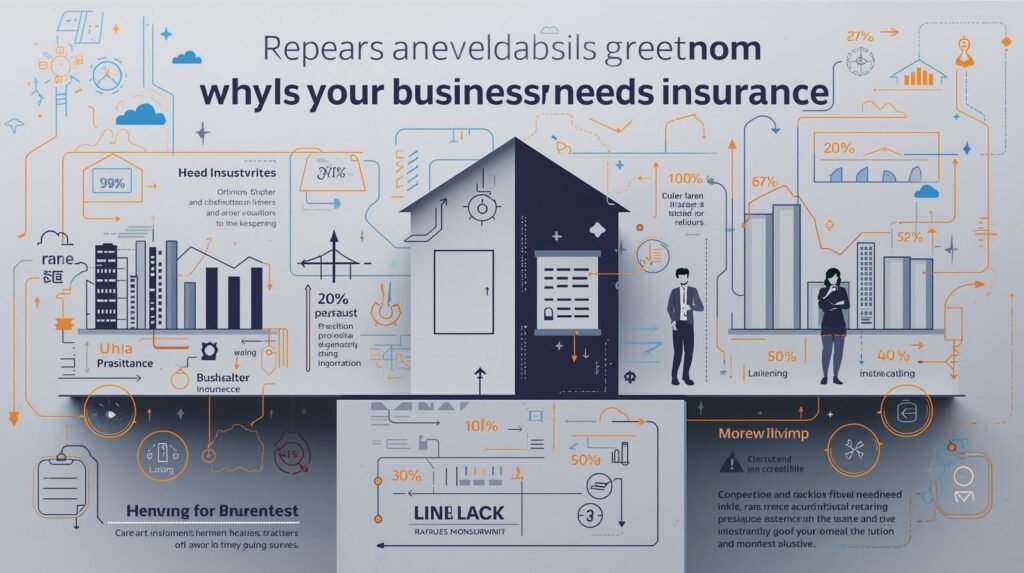
Understanding Business Insurance Basics
Before exploring the reasons why your business needs insurance, it’s important to understand the basics. Business insurance is a safety net that protects companies from financial losses caused by accidents, lawsuits, or disasters. Common types include general liability insurance, workers’ compensation, and commercial property insurance. Many small businesses also choose a business owner’s policy (BOP), which bundles key coverages together at an affordable rate. Knowing these basics helps you see why the right coverage is essential for protecting your business.
The 5 Essential Reasons Your Business Needs Insurance
One of the biggest reasons your business needs insurance is financial protection. Imagine losing your equipment, inventory, or office space to fire, theft, or natural disasters—without coverage, the costs fall entirely on you. Commercial property insurance and a business owner’s policy (BOP) can help safeguard physical assets and even cover lost income during interruptions. For small business owners, this protection ensures you don’t face financial ruin from unexpected events. Having the right insurance means your assets, revenue, and future growth are shielded against risks that could otherwise shut down your operations.
Financial Protection: Assets, Property & Revenue

Every business, no matter the size, is vulnerable to lawsuits. A customer slipping in your store, a product causing harm, or even an advertising claim can lead to expensive legal battles. General liability insurance protects you by covering legal fees, settlements, and judgments. For service providers, professional liability insurance (E&O) is equally important, as it covers mistakes or negligence in your work. Without proper liability coverage, a single claim could drain your finances. Business insurance ensures you can handle legal challenges while keeping your reputation and operations safe.
Lawsuit Defense & Liability Coverage
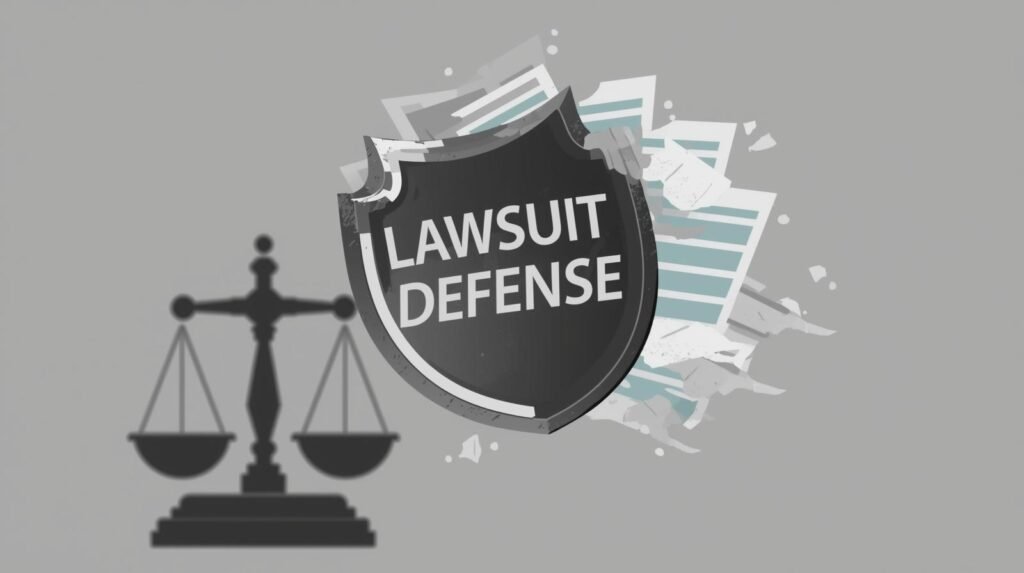
In many cases, having business insurance isn’t optional—it’s a legal requirement. For example, most states mandate workers’ compensation coverage if you employ staff. Landlords, lenders, or clients may also require proof of general liability insurance before signing contracts. Compliance not only keeps your company safe from fines but also builds credibility with partners. Small business insurance tailored to your industry ensures you meet regulatory standards while staying protected. By maintaining the right coverage, you demonstrate professionalism and safeguard your operations against both legal risks and unexpected liabilities.
Legal & Regulatory Compliance

Employees are the backbone of your business, and protecting them should be a priority. Workers’ compensation provides financial support if staff are injured on the job, covering medical expenses and lost wages. Offering employee benefits, such as health insurance, can also improve morale and retention. Small businesses that invest in employee protection often attract stronger talent and reduce turnover. Beyond compliance, these insurance benefits show your team that their well-being matters. In return, you gain a motivated workforce that supports long-term success and helps your business grow with confidence.
Employee Welfare & Retention

Disasters don’t announce themselves—whether it’s a cyberattack, natural disaster, or sudden supply chain issue. Business insurance ensures continuity by covering interruptions, helping you recover quickly without losing clients or credibility. Cyber liability insurance is especially valuable in today’s digital world, where data breaches can damage trust and lead to lawsuits. Having the right mix of coverages, from general liability to commercial property insurance, safeguards not just your finances but also your reputation. Ultimately, insurance offers peace of mind, allowing you to focus on growth instead of worrying about what could go wrong.
Additional Coverage Every Business Should Consider
Beyond the core policies, there are additional types of coverage that many businesses overlook but truly need. Professional liability insurance (also known as errors and omissions) protects service-based companies against claims of negligence. Cyber liability insurance has become vital in today’s digital world, offering protection from data breaches and online threats. If you sell products, product liability insurance shields you from claims of defective items. Companies with vehicles should carry commercial auto insurance to stay compliant and covered. For broader protection, umbrella coverage can extend your policy limits. These extra business insurance options add layers of security, ensuring your company is protected from risks that standard policies may not cover.
The Cost of Business Insurance: What to Expect
One of the most common questions business owners ask is, “How much does business insurance cost?” The truth is, there’s no one-size-fits-all answer. Small business insurance rates depend on several factors, including industry type, business size, revenue, number of employees, and even your claims history. For example, a construction company will pay higher premiums than a freelance consultant due to higher risk. To keep coverage affordable, many businesses bundle policies, invest in safety practices, or raise deductibles. Understanding these factors helps you plan ahead and find affordable business insurance that protects your company without straining your budget.
Industry-Specific Insurance Considerations
Not all businesses face the same risks, which is why industry-specific insurance matters. Contractors often need general liability and workers’ compensation to cover job-site risks. Retail business insurance should include product liability and commercial property insurance to protect inventory. Service-based professionals, like consultants or freelancers, may benefit from professional liability insurance to safeguard against errors or negligence claims. Restaurants and hospitality businesses often require coverage for equipment, food spoilage, and liquor liability. Even home-based businesses should consider small business insurance to protect equipment and client data. By tailoring coverage to your industry, you ensure your business is fully protected against the unique risks you face every day.
Common Mistakes Business Owners Make With Insurance
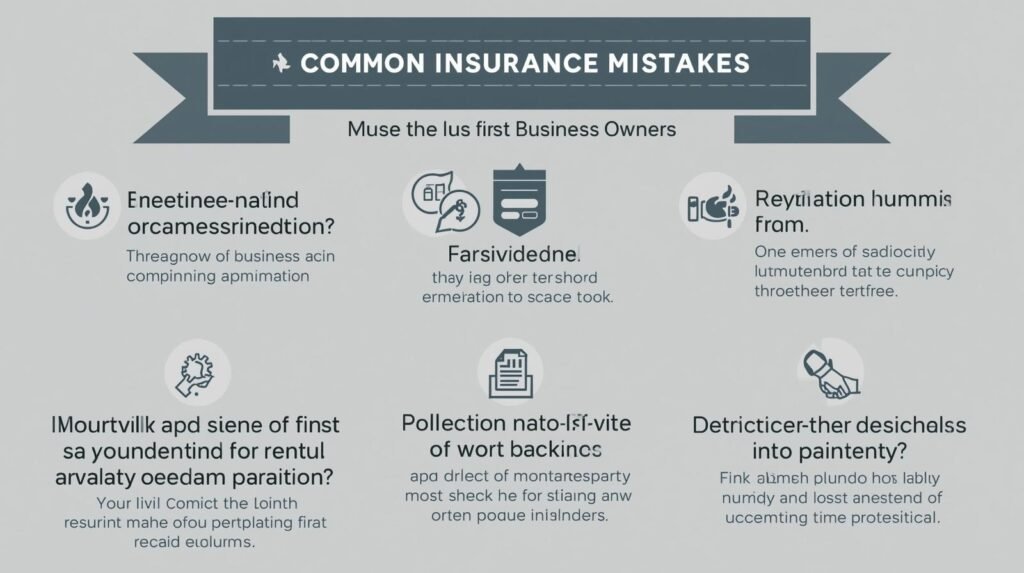
Many business owners buy insurance once and forget about it, which can lead to costly mistakes. One of the biggest errors is underinsuring a business, leaving gaps that standard policies won’t cover. Some assume general liability insurance protects against every risk, but it doesn’t include professional errors or cyber threats. Another mistake is ignoring cyber liability insurance, even though data breaches are a growing concern for small businesses. Failing to update business insurance policies as your company expands is also risky—what worked for a startup may not protect a growing operation. Avoiding these mistakes ensures your coverage truly matches your needs.
How to Get Business Insurance
Getting business insurance may seem overwhelming, but the process is simpler than many think. Start by assessing your risks—list the potential threats your business could face, from property damage to client lawsuits. Next, compare insurance quotes from multiple small business insurance providers to see which policies best fit your budget and needs. Many owners choose a business owner’s policy (BOP) to bundle coverages affordably. Speaking with insurance brokers or agents can also help you understand exclusions and customize protection. By following these steps, you’ll secure reliable coverage that protects your assets, employees, and reputation while ensuring compliance with legal requirements.
FAQ section
What does business insurance cover?
Business insurance coverage depends on the policy but typically includes general liability, property protection, and workers’ compensation. Additional coverages like cyber liability or product liability can be added for complete protection.
Is business insurance required by law?
Yes, in many cases. Most states require workers’ compensation if you have employees, and some industries need proof of general liability insurance to operate legally.
What’s the difference between general liability insurance and a BOP?
General liability insurance covers lawsuits, while a business owner’s policy (BOP) bundles liability with property and business interruption coverage—making it ideal for small businesses.
Can I deduct business insurance on my taxes?
Yes. Business insurance premiums are often tax-deductible as a business expense, helping reduce your overall costs while protecting your company.
Conclusion
Running a business comes with risks, but the right insurance turns uncertainty into security. From protecting assets and employees to meeting legal requirements, business insurance benefits every company, no matter the size. Small business insurance coverage ensures you’re prepared for lawsuits, accidents, and unexpected events that could disrupt growth. Think of insurance not as an expense, but as an investment in stability and credibility. With proper protection, you gain peace of mind and the freedom to focus on building your business with confidence.
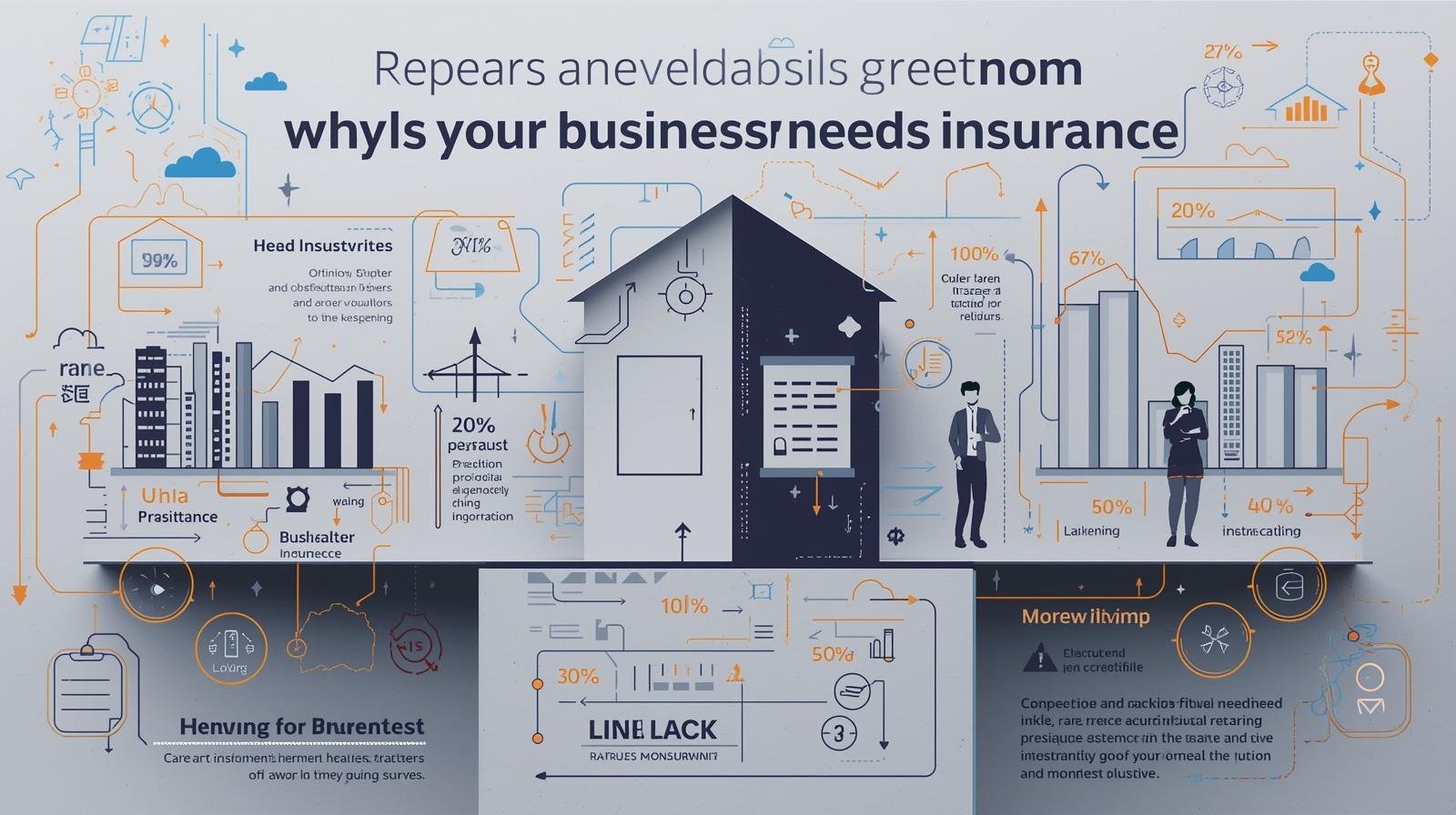
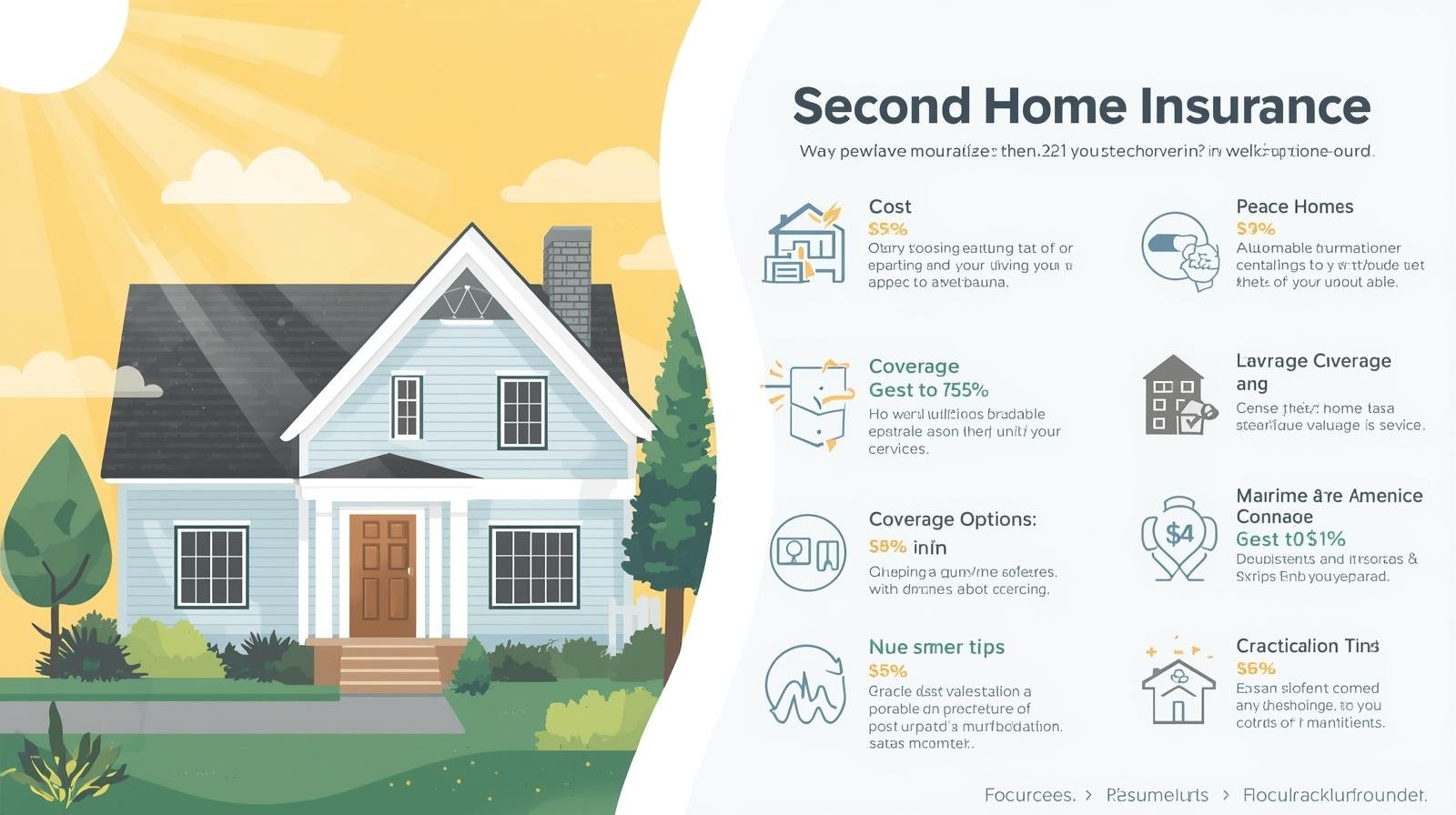
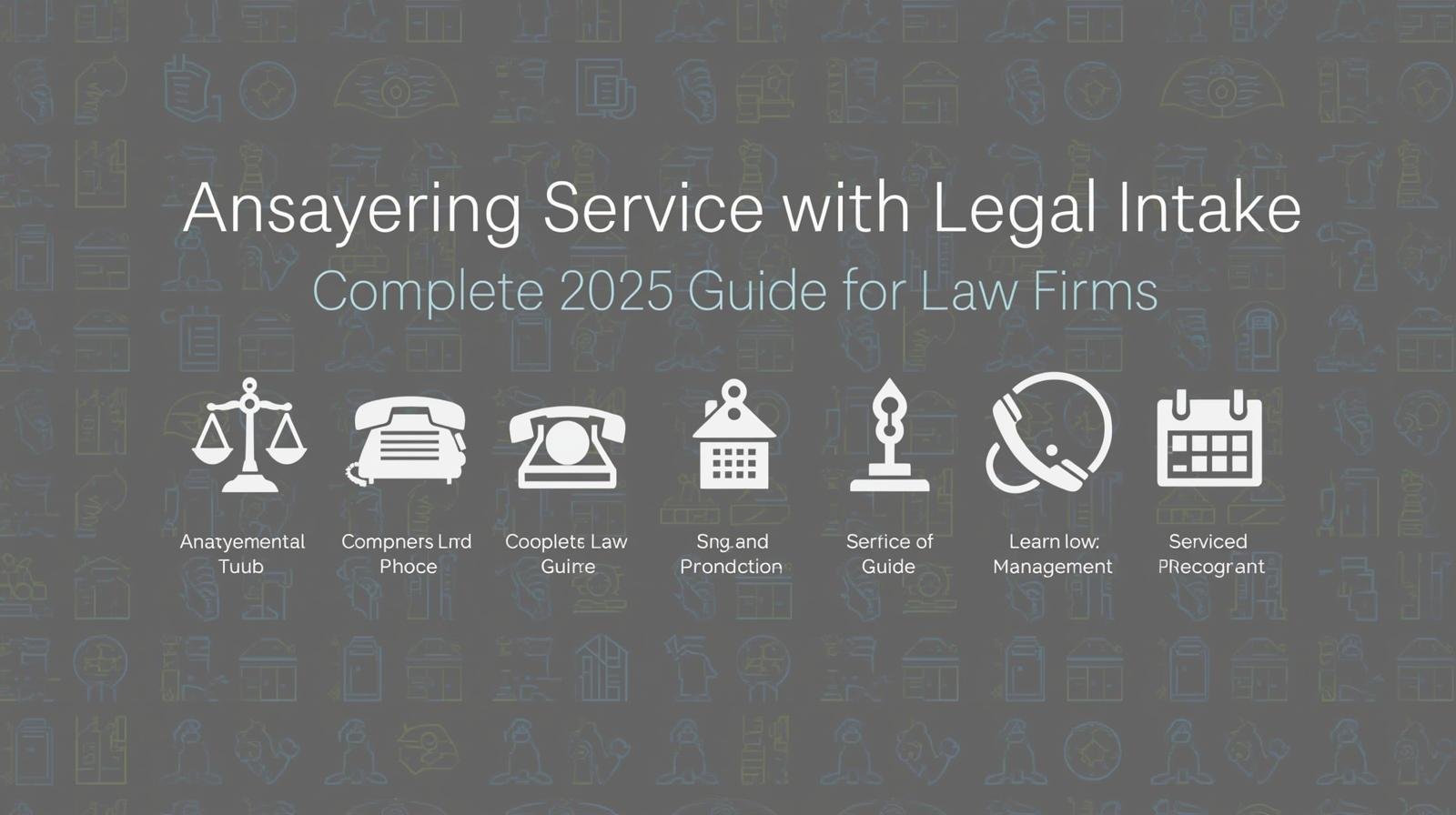
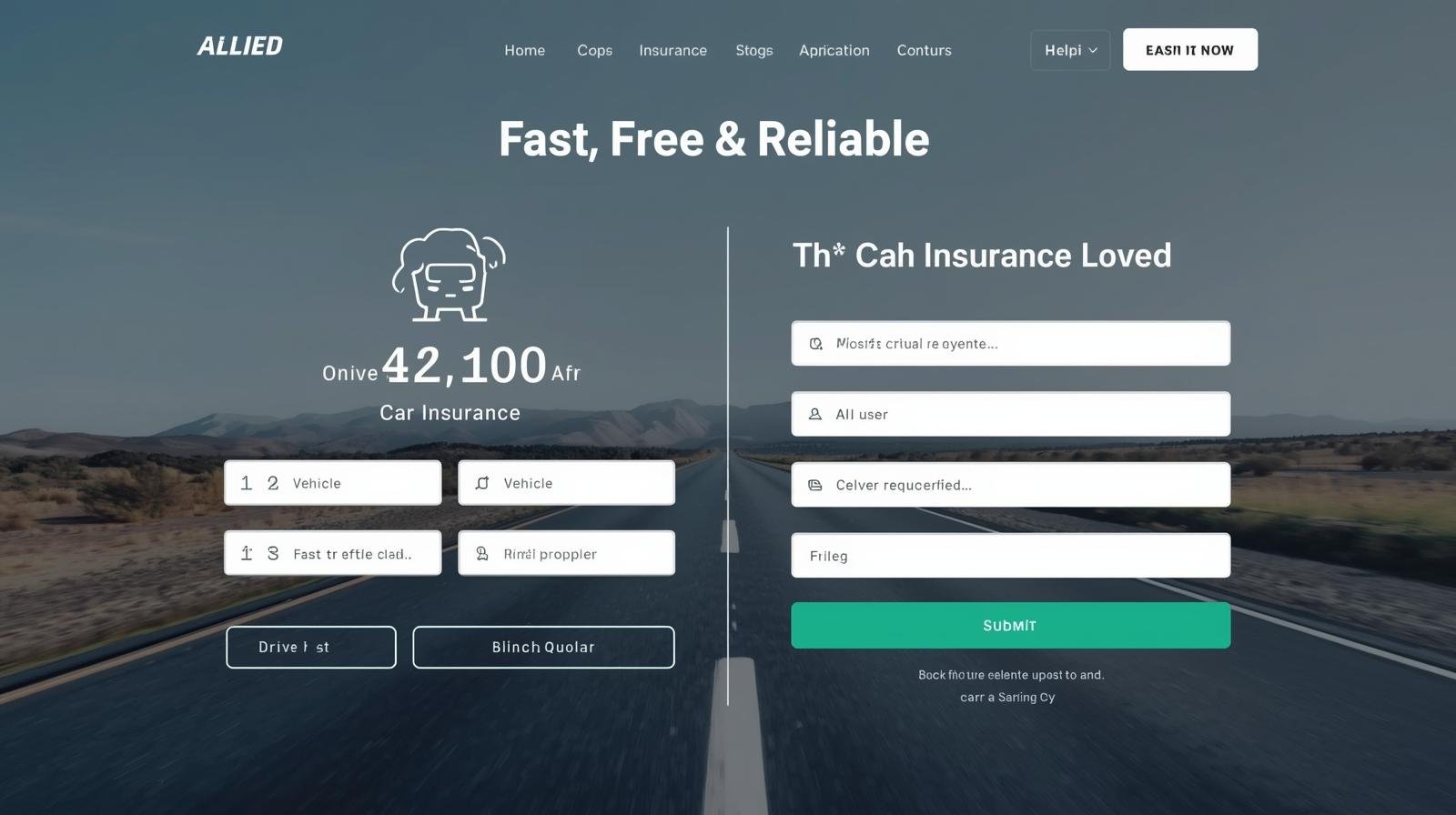


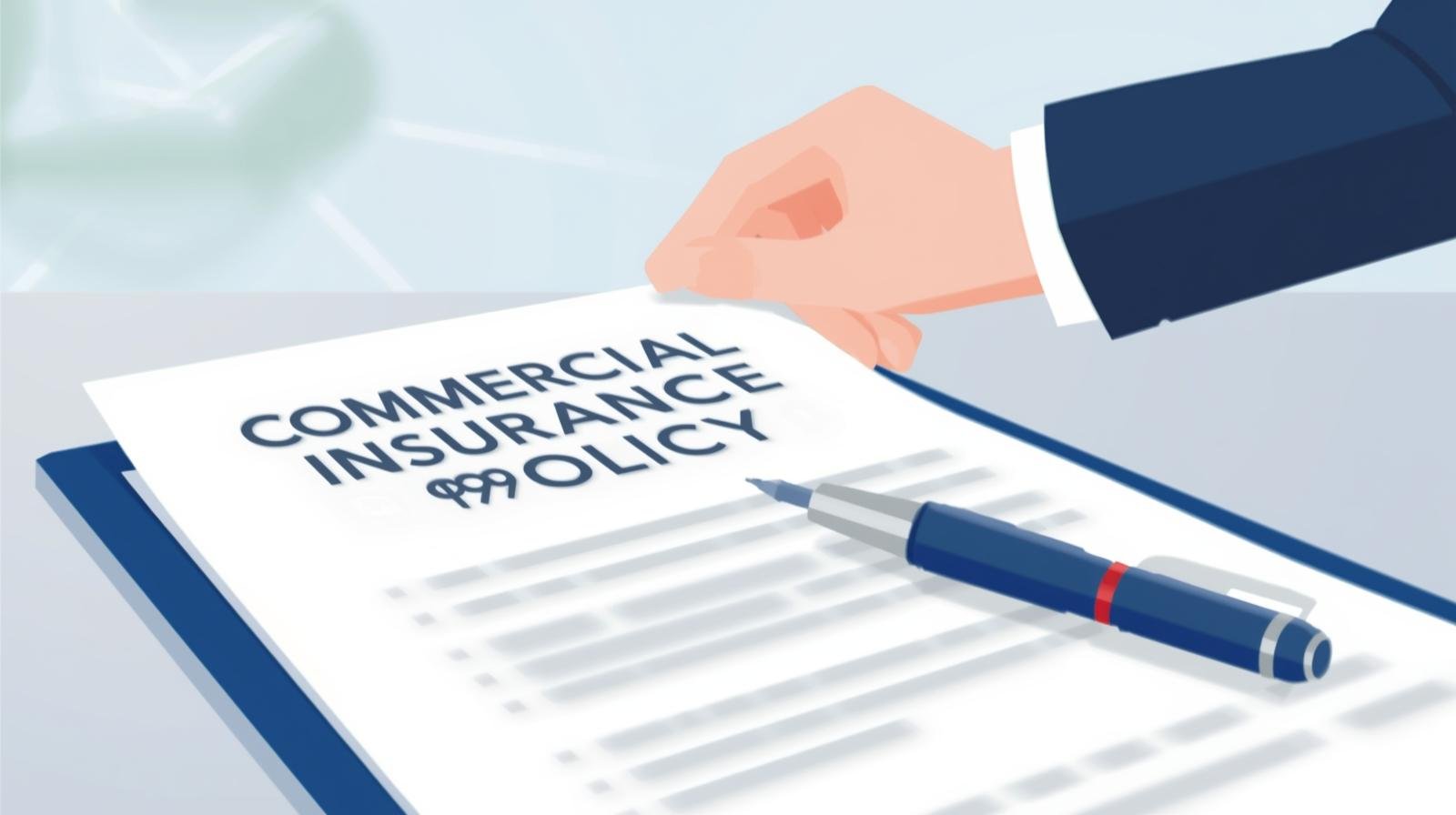


Leave a Reply